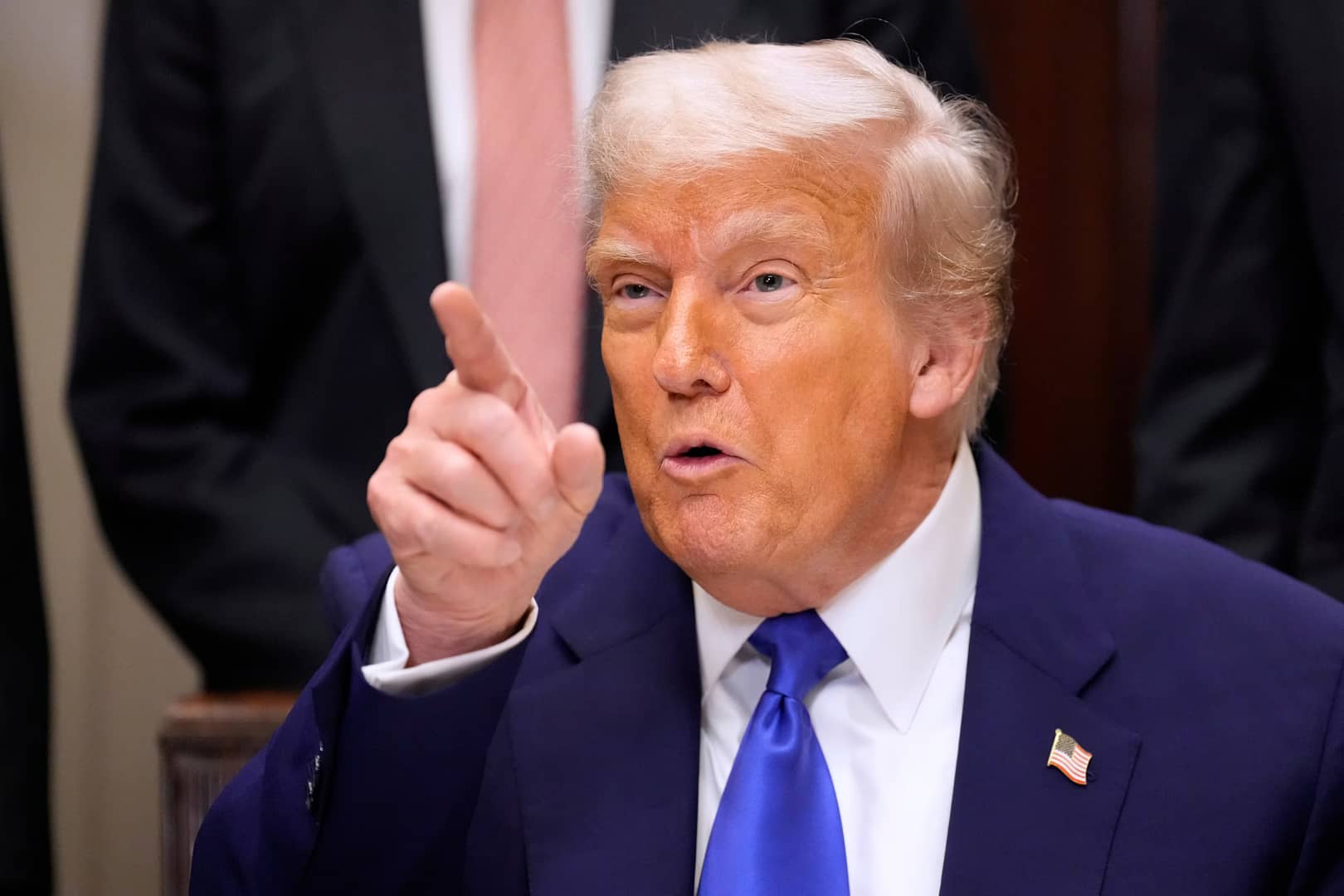US President Donald Trump’s recent claims of brokering a ceasefire between India and Pakistan have sparked diplomatic discomfort in New Delhi, where Prime Minister Narendra Modi’s government has publicly distanced itself from any suggestion of foreign intervention in the long-standing Kashmir dispute.
A week after Trump unexpectedly announced a ceasefire to end a brief but deadly flare-up between the two nuclear-armed neighbours, Indian analysts say the move reflects a clash in priorities between Washington and New Delhi. While the United States appeared keen to highlight Trump’s supposed peacemaking role, India insists the decision to de-escalate came independently and without outside mediation.
Foreign policy analyst Harsh V. Pant told AFP that Washington’s eagerness to present Trump as a conflict-solver likely led to the premature announcement. “An intervention at this stage might give them some basic benefit in terms of highlighting Trump’s role… that became the driver and, in a sense, the hurry,” Pant explained.
The conflict erupted on May 7 when India launched airstrikes on targets in Pakistan, which it described as terrorist camps, in retaliation for an April attack in Indian-administered Kashmir that left 26 people dead. Pakistan denied involvement, but the exchange of missile, drone, and artillery fire over four days left around 70 people dead—many of them civilians—and forced thousands to flee their homes.
Trump took credit for halting the violence, boasting on Fox News that he had brought both sides “back from the brink,” though he added, “It’s a bigger success than I’ll ever be given credit for.”
India, however, has rejected any suggestion that Trump’s intervention led to the ceasefire. New Delhi has a long-standing policy of opposing third-party mediation in its disputes with Pakistan, particularly over Kashmir, which both countries claim in full. In his first speech following the ceasefire, Modi made no reference to the United States, while the Indian foreign ministry reiterated that dialogue with Pakistan remains “strictly bilateral.”
India also dismissed Trump’s suggestion that trade negotiations influenced the truce. “The issue of trade did not come up” during discussions with US officials, a foreign ministry spokesperson stated.

Observers say Trump’s statements are grating for New Delhi. Manoj Joshi of the Observer Research Foundation noted that while India is being cautious due to sensitive trade negotiations with Washington, the rhetoric is “irritating,” especially given India’s strategic importance and its efforts to project itself as a global power independent of regional entanglements.
India’s opposition Congress party accused Trump of “upstaging” Modi, claiming his remarks undercut the prime minister’s carefully timed public address and could signal a shift in India’s traditional rejection of third-party involvement in the Kashmir issue.
While Islamabad welcomed Trump’s involvement as a diplomatic “off-ramp,” New Delhi has remained firm. Foreign Minister Subrahmanyam Jaishankar reiterated this week that relations with Pakistan would remain a bilateral matter. Yet Trump continued to repeat his version of events from abroad, claiming both nations were “very happy” with a US-brokered peace deal and a pivot toward trade.
The political optics are particularly sensitive for Modi, whose ruling party has long ridiculed the opposition for allegedly soft stances on Pakistan. According to South Asia analyst Pramit Pal Chaudhuri, India had little choice but to publicly refute Trump’s claims while avoiding an outright diplomatic clash.
Sushant Singh, a former Indian Army officer and current lecturer at Yale University, said Trump’s repeated references were “politically damaging” to Modi, especially given the amplification of such statements on social media.
India and Pakistan last held a high-level bilateral meeting over a decade ago. Relations have since worsened, especially after India’s 2019 decision to revoke Jammu and Kashmir’s autonomy—a move that further entrenched the diplomatic impasse.
As Joshi noted, the US framing of the conflict continues to treat India and Pakistan as equals—an association New Delhi increasingly finds difficult to accept. “The hyphenation of India and Pakistan is also irritating,” he said, pointing to India’s efforts to carve out a more distinct global identity.

